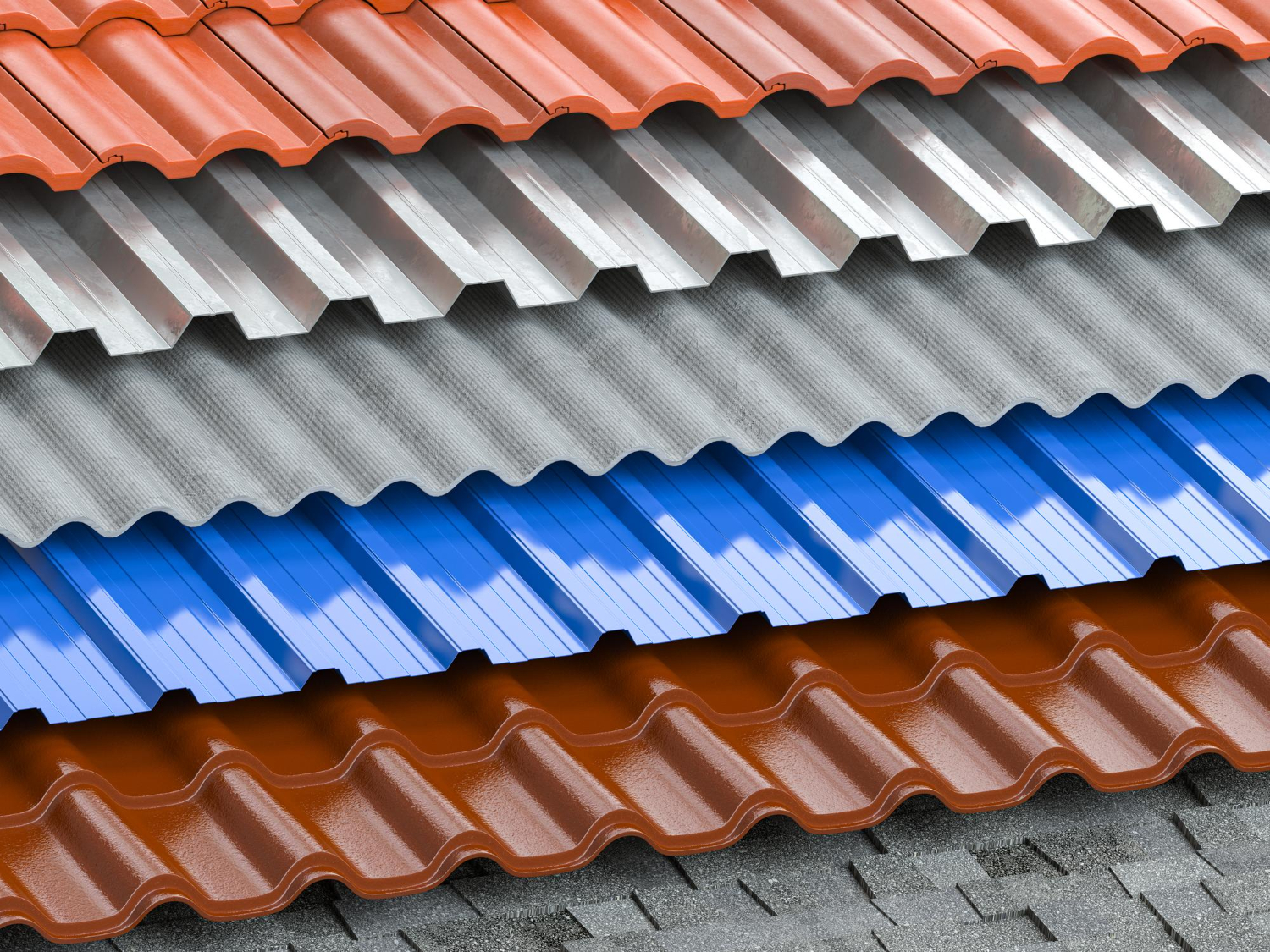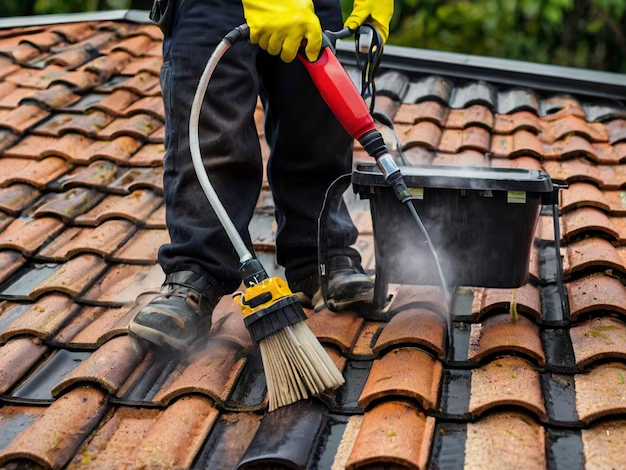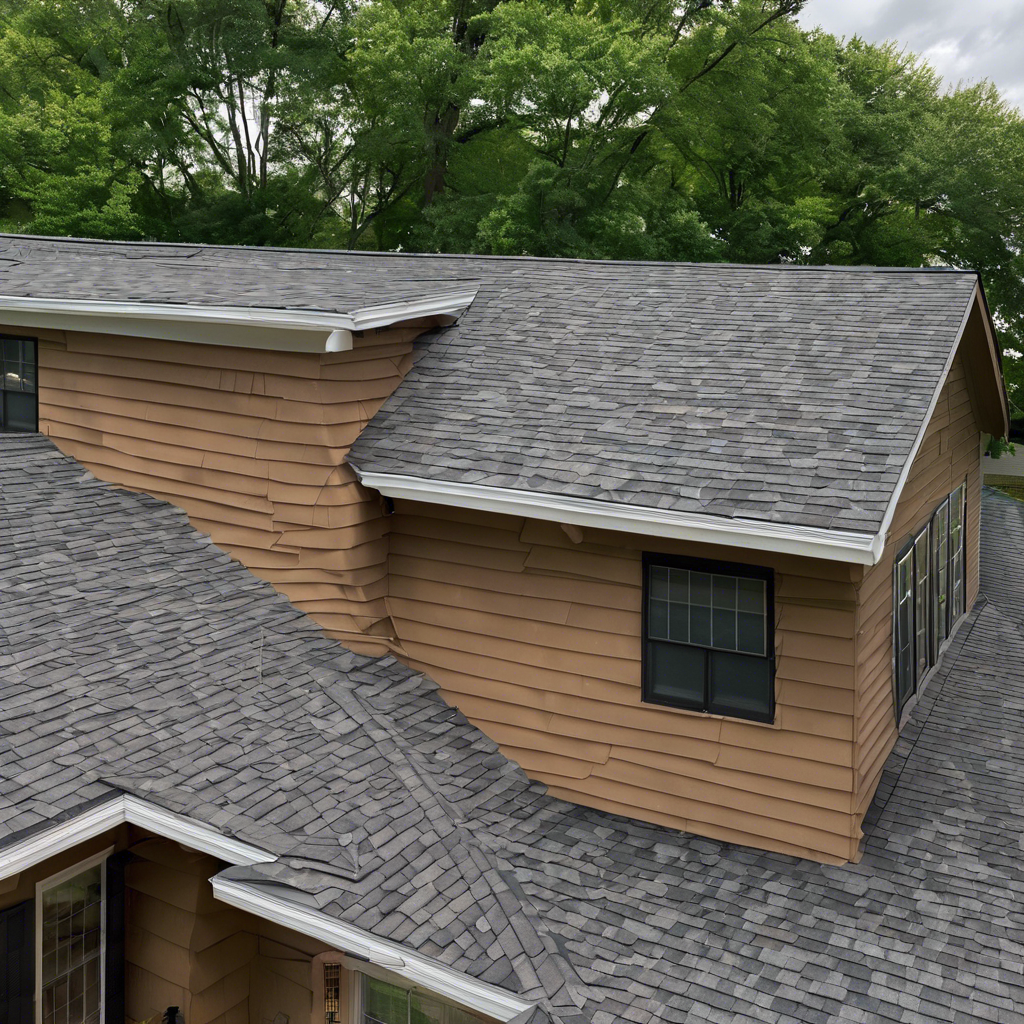Many misconceptions surround roof maintenance, materials, and installation. Believing these myths can lead to costly mistakes and unexpected problems down the road. It’s important to separate fact from fiction to ensure you are making the best decisions for your roof and home.
Myth: All Roofing Materials Are the Same
Different roofing materials vary significantly in terms of quality, durability, and suitability for various climates and conditions. Asphalt shingles are among the most common and affordable options. They perform well in many climates, especially where temperatures are moderate. However, they might not be the best choice for areas prone to harsh weather conditions or extreme heat.
Metal roofs, on the other hand, are known for their durability and longevity. They can withstand intense weather conditions, including heavy snow, rain, and high winds. Metal roofs are also energy-efficient, reflecting heat away from the home and reducing cooling costs in hot climates. However, they can be expensive to install initially.
Clay and concrete tiles offer excellent durability and can last for many decades. These materials are particularly suitable for hot climates since they sustain their strength even under high temperatures. However, the weight of these tiles requires a strong structural framework, which can add to the installation cost and time.
Each roofing material has its pros and cons, and selecting the right material depends on your specific needs, budget, and the environment where you live. Understanding these differences helps ensure you choose the best option for your home.
Myth: Roof Maintenance Is Not Necessary
Regular roof maintenance is crucial for preventing minor issues from turning into major problems. One of the most important aspects of roof maintenance is having regular inspections. These inspections help identify potential problems like loose or missing shingles, leaks, and damage from storms or pests before they worsen.
By catching these issues early, you can address them promptly, preventing costly damage to your home’s interior and structure. Common issues that can be prevented through regular maintenance include water leaks, mold growth, and the breakdown of roofing materials. For example, replacing a few damaged shingles might seem minor, but ignoring it can lead to significant water damage over time.
Cleaning gutters and removing debris from the roof are also essential maintenance tasks. Clogged gutters can lead to water backing up and seeping under the roof, causing damage to the underlying materials. Debris on the roof can trap moisture and promote the growth of moss and algae, which can deteriorate your roofing materials.
In summary, routine maintenance extends the lifespan of your roof, saves money on repairs, and ensures your home remains protected. It is an investment that pays off in the long run.
Myth: A New Roof Will Last Forever
While a new roof is a significant investment, it’s not indestructible or everlasting. The lifespan of a roof varies greatly depending on the material used. For instance, asphalt shingles typically last between 20 to 30 years. Metal roofs can last up to 50 years or more, while clay and concrete tiles might endure for 50 to 100 years.
Several factors influence the longevity of a roof. Climate plays a significant role; roofs in areas with extreme weather conditions, such as heavy snowfall or intense heat, may wear out more quickly. Roof maintenance also impacts lifespan; a well-maintained roof can outlast one that is neglected. Additionally, the quality of the installation and the materials used are crucial. High-quality materials and a professional installation can extend the roof’s life.
Understanding these factors helps set realistic expectations for your roof’s lifespan. Investing in quality materials and regular upkeep ensures that your roof lasts as long as possible, protecting your home efficiently.
Myth: Any Contractor Can Install a Roof
Installing a roof is a complex task that requires specific expertise. It’s essential to hire a qualified roofing contractor to ensure the job is done correctly. Qualified professionals have the necessary training, experience, and tools to handle various roofing materials and navigate the challenges that arise during installation.
Using inexperienced contractors can result in poor workmanship, which can lead to numerous problems. Improperly installed roofs are more likely to develop leaks, suffer storm damage, and require frequent repairs. These issues not only compromise the roof’s integrity but also lead to higher costs in the long run.
Therefore, it’s crucial to thoroughly vet potential contractors. Look for qualifications, experience, and positive customer reviews. Ensure they adhere to local building codes and standards. Hiring the right professional can make a significant difference in the quality and durability of your roof.
Conclusion
Believing common roofing myths can lead to costly mistakes and long-term problems. Understanding that not all roofing materials are the same, recognizing the importance of regular maintenance, knowing that a new roof won’t last forever, and hiring qualified contractors are essential for making informed decisions about your roof.
One often overlooked aspect of roof health is proper ventilation, which plays a crucial role in preventing many common roofing issues. At Brubaker Bros. LLC, we specialize in providing professional roofing solutions tailored to your needs. Located in Lancaster, PA, we serve the central PA area with dedication and professionalism. Contact Brubaker Bros. LLC today to schedule a consultation and ensure your roof receives the care and expertise it deserves.
Share the Post:




